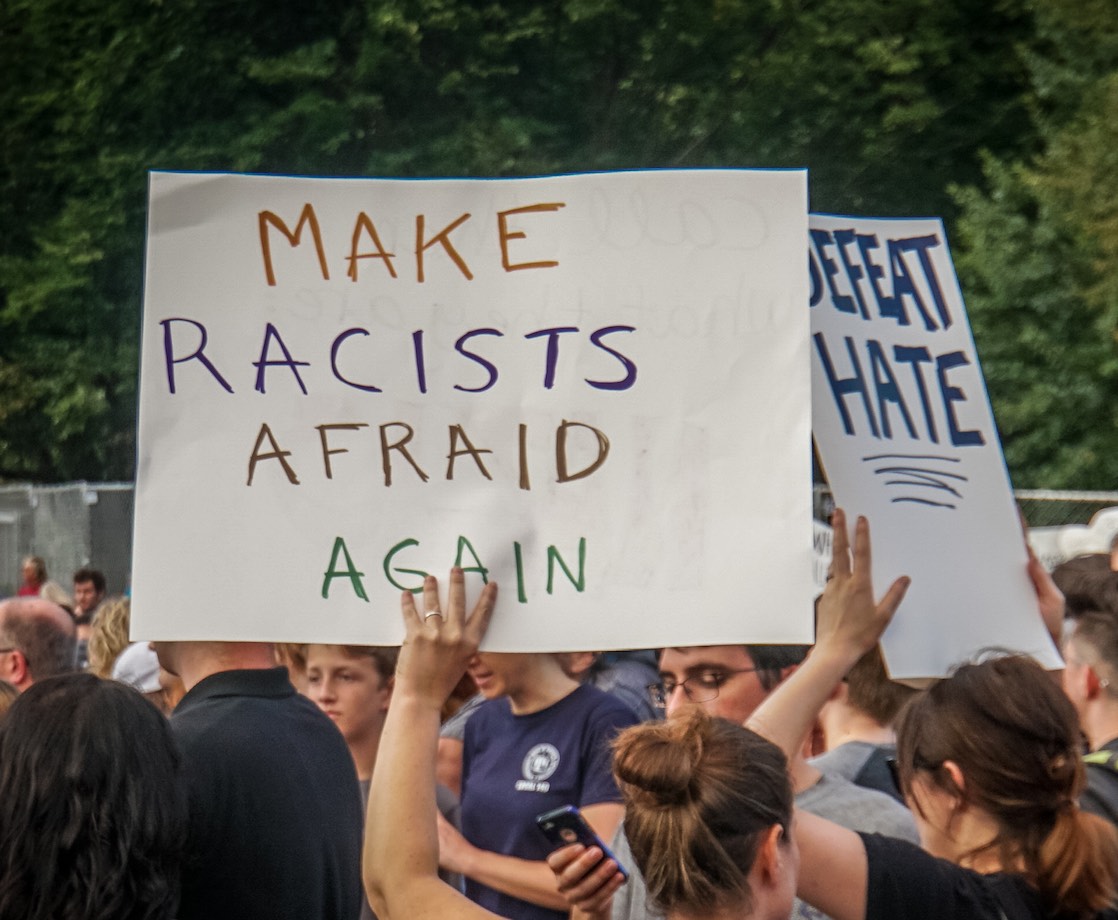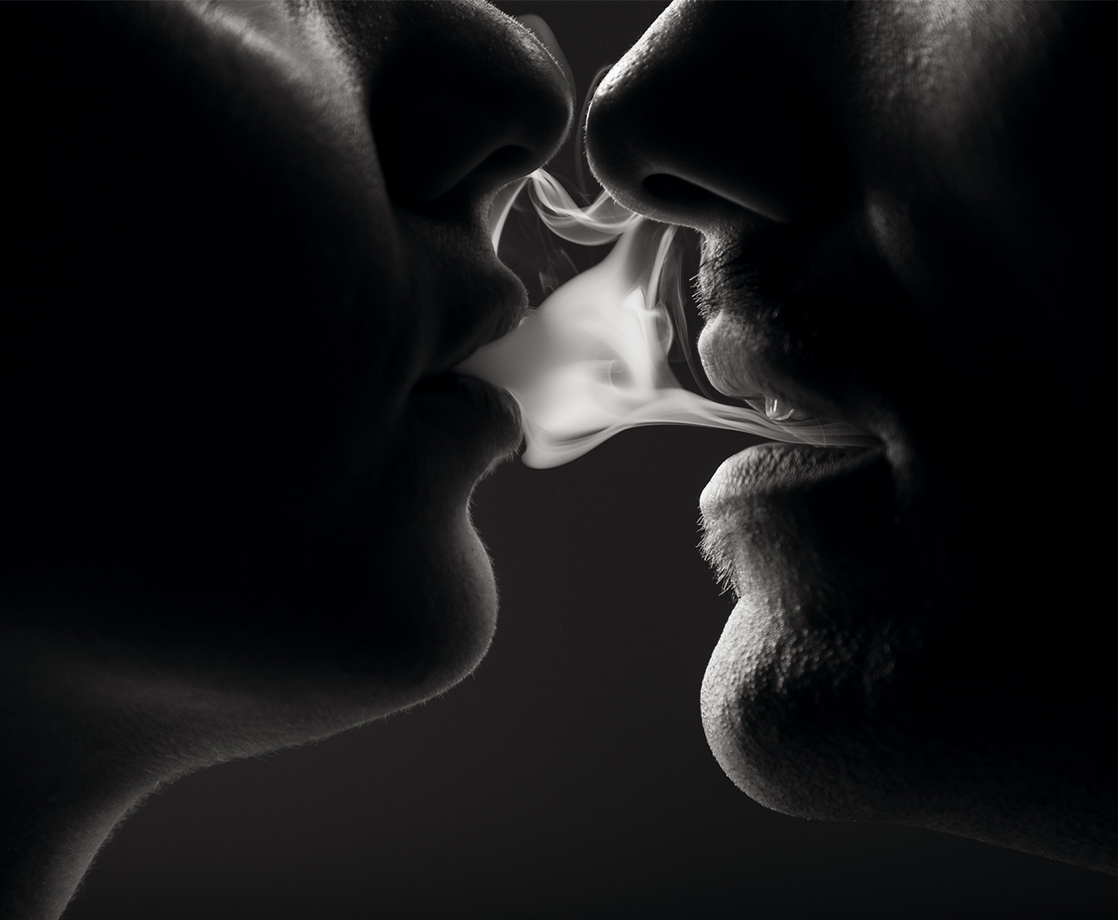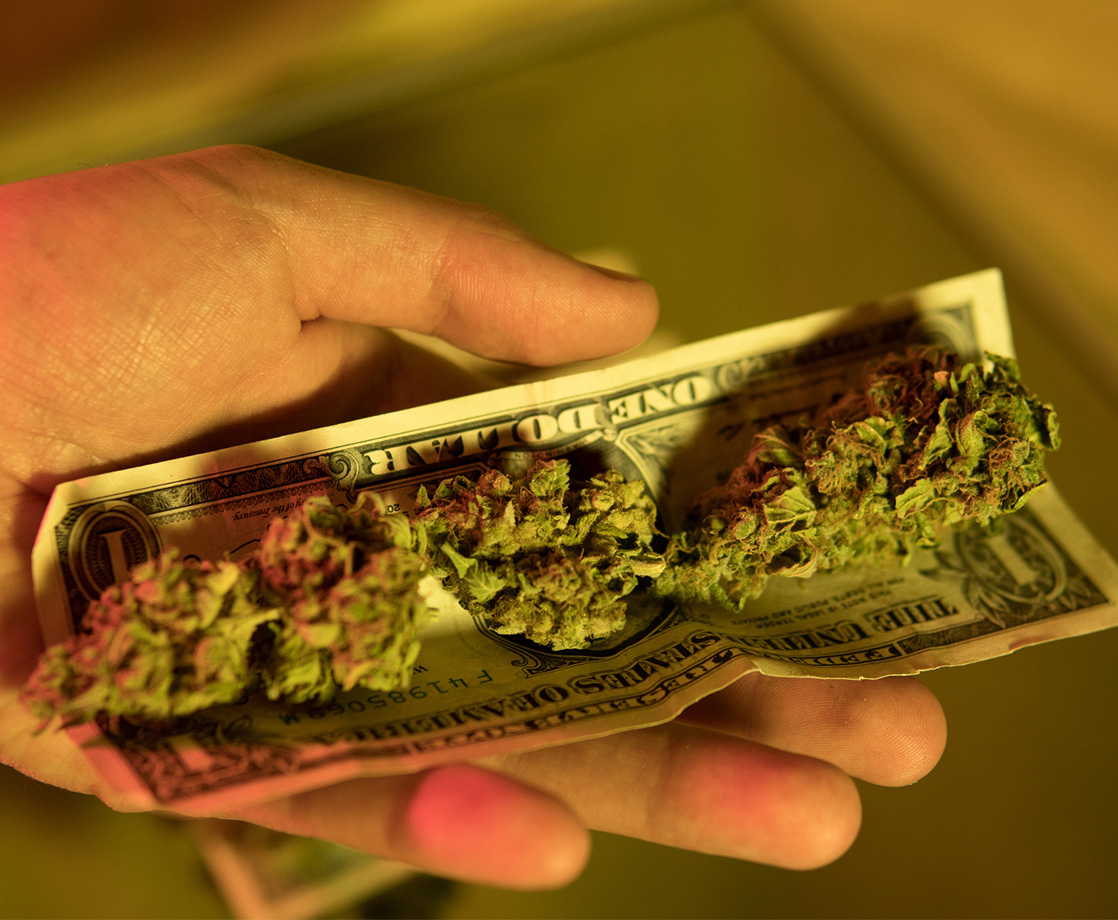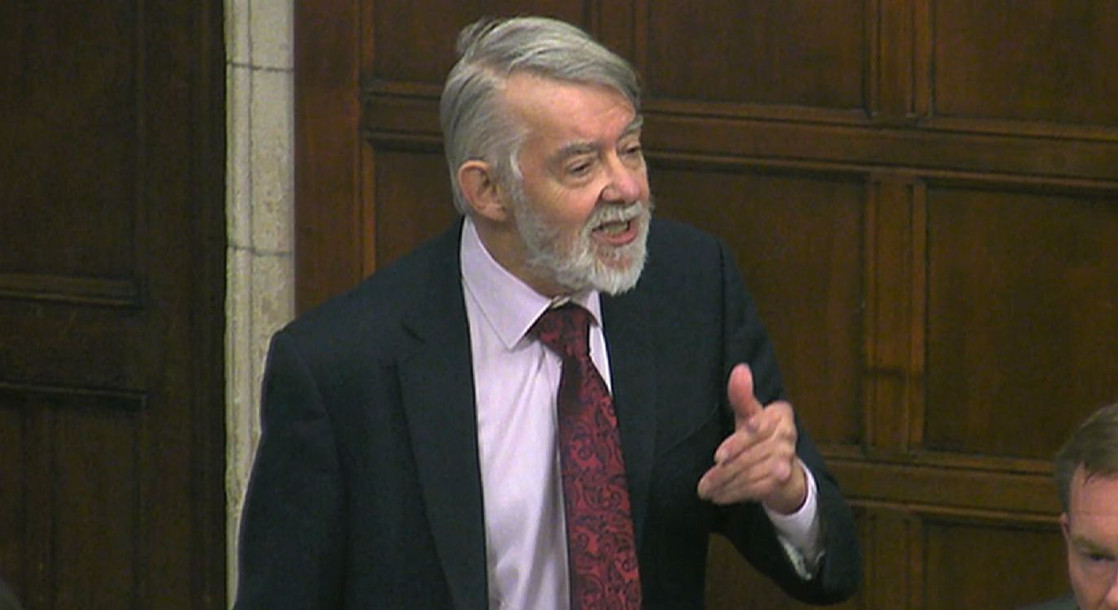Image via
Like the rest of you, we at MERRY JANE watched anxiously as hordes of white nationalists, emboldened and abetted by Donald Trump, clashed with protesters in Charlottesville, Virginia over the proposed removal of a statue of Confederate general Robert E. Lee. We've been inspired by scenes of people taking a stand against hate in both Durham, North Carolina and Boston, Massachusetts, and we've been disgusted by Donald Trump's equivocation on the subject of white supremacy itself.
The struggle against white supremacy in America is, at its core, a structural one. Every element of every institution in a society is connected in some way to every other element of every other institution, and so to stamp out something as sinister as racism, which is so deeply embedded in our national DNA that people of color often feel its sting simply by going about their everyday lives, we have to be willing to make fundamental changes on every level. This means things like undoing partisan gerrymandering to restore faith in our voting system; overhauling our healthcare, legal, and education systems so that they no longer favor the privileged; limiting the power of the Presidency so that the next Donald Trump can't unilaterally bomb a village on the other side of the world for a quick boost in his approval ratings; somehow fixing the tech industry so that our digital infrastructure is no longer in the hands of a few libertarian dweebs playing real-world Monopoly; and reforming our nation's drug policies so that they're no longer a cog in the machine of the school-to-prison pipeline.
Enacting just one of these changes won't do the trick: for instance, one of the reasons legalizing cannabis is such a nightmare is that it threatens to cut into the pharmaceutical industry's profits––but if we were to pull an England and nationalize our healthcare system, there would no longer be a pharmaceutical lobby to stand in legalization's way. Ending the so-called "War on Drugs" would give us reason to de-militarize the police, providing us with extra funds to invest in our public education system, in a generation or so yielding a better-educated and more engaged populace, which in turn could bring about a whole host of positive social change.
That's just one example of how meaningful change might look, because after all, MERRY JANE is a website devoted to cannabis news and culture. Culture itself plays an important role in reform––as the now-deceased conservative media provocateur Andrew Breitbart famously said, "Politics is downstream from culture." And since we care deeply about cannabis policy and culture, that means we care deeply about the issues that inform cannabis policy and culture as well. Which, as we have established, means we care about pretty much everything.
Even within this framework, the issue of legalization is foundationally tied to white supremacy. The Federal prohibition of marijuana, and even the use of the word "marijuana" instead of "cannabis," stemmed from a wave of anti-Mexican sentiment following Mexico's violent revolution of 1910, which led to significant numbers of Mexican citizens emigrating to the American south in the hopes of fleeing the turmoil of their home country. Some of these new Americans liked to smoke marijuana, and all of them represented a threat to the racist hegemony that dominated the region. Rather than attack Mexican immigrants outright, public officials chose to demonize cannabis, relabeling it "marijuana" to play up its connection to the Hispanic community. In 1930, the Treasury Department created the Federal Bureau of Narcotics. In 1937, Bureau commissioner Harry Anslinger testified before Congress, claiming that:
There are 100,000 total marijuana users in the U.S. and most are Negroes, Hispanics, Filipinos, and entertainers. Their Satanic music, jazz and swing, result from marijuana use. This marijuana causes white women to seek sexual relations with Negroes, entertainers, and any others.
Oh, by the way, the reason Anslinger was saying all of this incredibly racist stuff in front of Congress was that he was arguing––successfully––in favor of classifying cannabis as an illegal drug. He continued:
The primary reason to outlaw marijuana is its effect on degenerative races. Marijuana is an addictive drug which produces in its users insanity, criminality, and death. You smoke a joint and you're likely to kill your brother. Marijuana is the most violence-causing drug in the history of mankind.
This is but one instance in America's long, ignoble history of subjugation and discrimination, but it's one that should inform the way we think about cannabis. If a law has overtly racist origins, it comes from a place of immorality, and should be abolished and replaced with something crafted in a spirit of egalitarianism. But every time we tinker with one cog in the machine, we create unforeseeable consequences which affect the performance of the entire system. At some point, it might just be easier to replace the entire thing.
No matter what happens in the coming days, weeks, and months, MERRY JANE is dedicated to bringing you thoughtful insight into the evolving world of cannabis news and culture, and its many consequences for social and political life in America and the world-at-large. While there are obviously powers that be that would rather stifle this conversation and prevent free discourse around cannabis, racial inequality, and the future of social justice, we remain undeterred.
For more perspective on Charlottesville, Donald Trump, and the structural issues perpetuating white supremacy in America, check out the following pieces that we love:
United We Stand: Charlottesville Says No to Hate
Samantha Baars, Jackson Landers, Jessica Luck, Erin O'Hare, Lisa Provence, and Susan Sorensen for Charlottesville Weekly
Charlottesville: Race and Terror
VICE News Tonight on HBO
Goodbye, Pepe: The End of the Alt-Right
Angela Nagle for The Baffler
Protest and Persist: Why Giving Up Hope Is Not an Option
Rebecca Solnit for The Guardian
How to End Mass Incarceration
Roger Lancaster for Jacobin
A Look Back at the 1939 Pro-Nazi Rally at Madison Square Garden and the Protesters Who Organized Against It
Matt Giles for Longreads
Civil War Fantasies
James McPherson for The New York Review of Books











